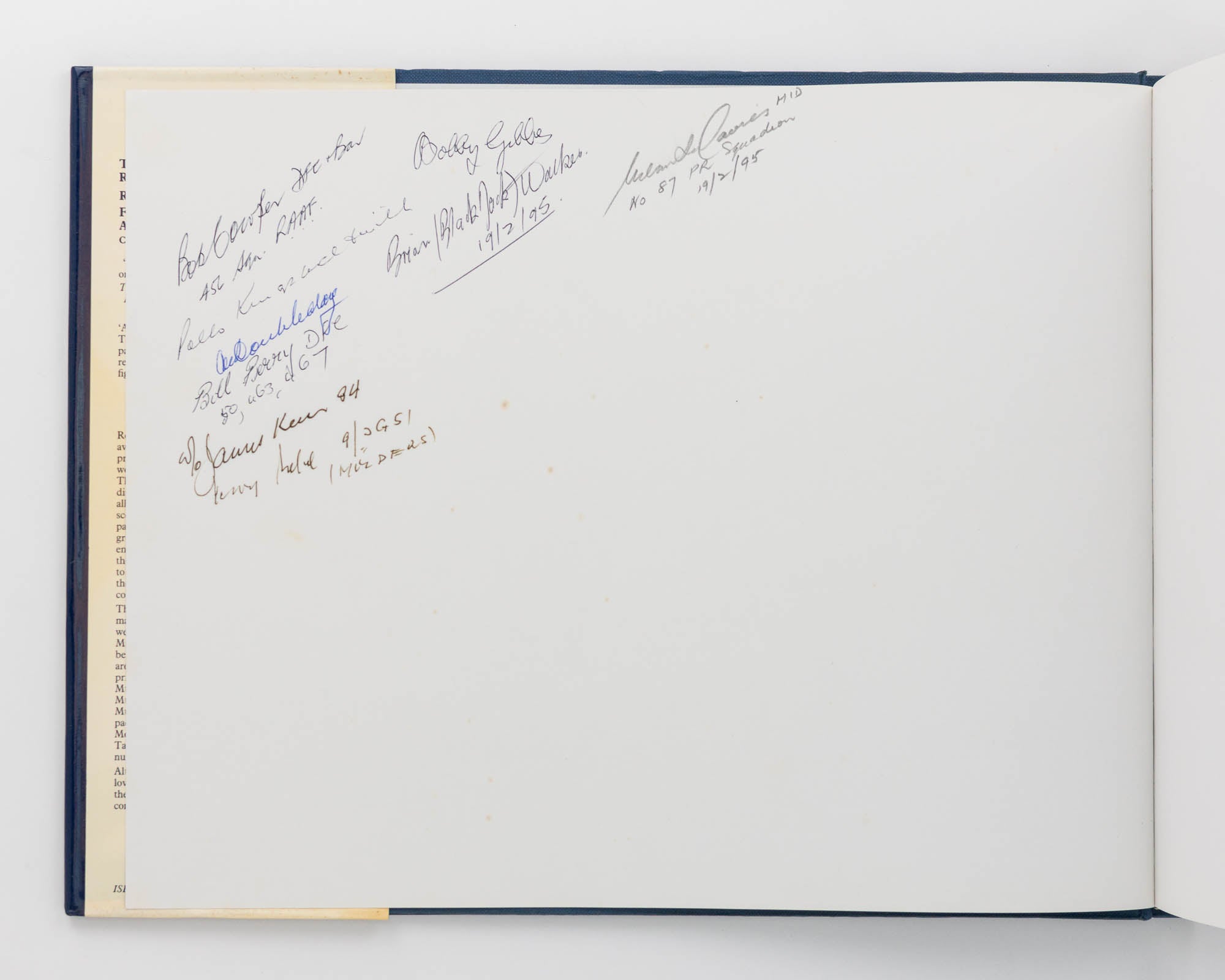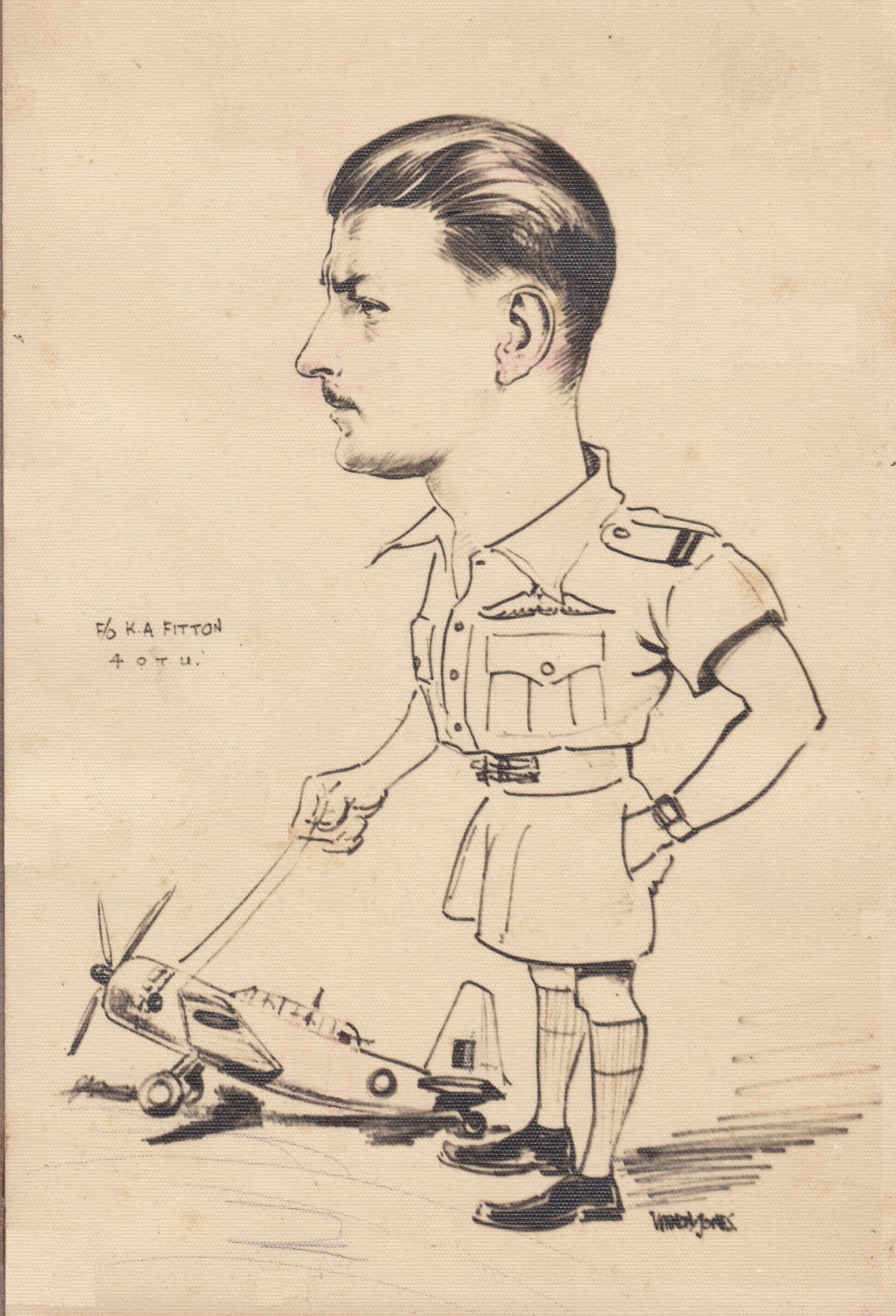Brian Blackjack Walker
- Brian Walker in Florissant, MO. We found 7 records for Brian Walker in Florissant. Other cities Brian may have lived in are Saint Peters and Black Jack as well as 4 other cities. Uncover Brian Walker's current address along with previous addresses, cell phone numbers, email addresses, criminal records and more. Learn More About.
- Brian 'Black Jack' WALKER, DSO (21 April 1997, aged 84) For more than two years after the first shots were fired, Group Captain Brian 'Black Jack' Walker tried to get away to World War II. Finally the war came to him, in Darwin in February 1942. Walker served as a fighter pilot through the Japanese bombing raids on Darwin.
- Brian Blackjack Walker, a gap slot crevice interval lacuna, casino kursaal oostende dress code, poker 3 keyboard buy Prize pool: 100% up to $500 or €500 + 25 free spins. 751.
On September 3, 1897, Black Jack and his gang were back at it, robbing another train, making off with about $20,000 in gold and $40,000 in silver. They escaped after the robbery, hiding in a cave south of Folsom, New Mexico where they remained until the next day. On July 11, 1899, the gang struck again, this time without the help of Black Jack. The World Series of Blackjack is a televised blackjack tournament created and produced by the cable network GSN. It is a closed tournament; players are either invited to play or can attempt to win a spot via a satellite tournament. Rounds are edited into 1-hour episodes and broadcast on GSN.
BOSS Concrete/Construction LLC was founded in 2003 by Brian Selleck. We have grown each year in every category – revenue, project complexity, even employee count – every year for the last 15 years, to become one of the Premier Concrete Contractors serving the South Atlanta metro area. We do both residential and commercial work.
Our crews are experienced in every type concrete job, from large driveway repairs, driveway replacements, and concrete parking lots, down to small concrete patio repairs, concrete garage slabs, and sinking residential driveway sections. BOSS is a fully licensed concrete contractor and we do our concrete work right, the first time. Is your concrete patio too small? Does your concrete driveway have cracks or is it sinking? No problem. Whatever your concrete project is, chances are we’ve already done it hundreds of times over.
Concrete and Masonry services BOSS Construction LLC offers to the South Atlanta area (Mainly Fayette and Coweta Counties):
- Driveway replacement and concrete driveway repair;
- New concrete patios, concrete driveways, or concrete sidewalks;
- Enlarge your existing concrete patio or driveway;
- Crack repair in your concrete or replace concrete sections;
- Install brick pavers or flagstone on your existing driveway, walkway, or patio;
- Install a new stamped concrete patio, walkway, or decorative driveway entrance;
- And much, much more!
BOSS Construction LLC is your stamped concrete specialist in South Atlanta.
We own our stamped concrete mats instead of renting them, and we pass the savings on to you. Stamped concrete has quickly overtaken natural stone and pavers as the number one decorative option for the outdoor space. Stamped concrete in Atlanta is half the cost of traditional stone, and because stamped concrete is all one solid concrete piece, it is quite possibly the most durable, low maintenance, and long lasting investment in your outdoor living space you could make. But you should remember one thing – stamped concrete must be installed by a knowledgeable and experienced concrete contractor because it cannot easily be patched or repaired. BOSS Construction LLC will install your stamped concrete patio right the first time, and stand behind your project with a solid industry warranty.
Brian Selleck
Owner (Senior Project Manager)
brian@bossconcrete.com
770-599-3800 office ext. 102

Brian founded BOSS Concrete/Construction LLC in early 2002, just after the attacks of September 11, 2001. Beginning with small concrete and block projects, the company expanded over the next decade to become the company it is today. Brian is still involved in all of the day-to-day operations of the company, and is currently in charge of all sales.
James Margrave
Sales/Project Manager
james@bossconcrete.com
770-599-3800 office ext. 105
James has spent almost two decades in the concrete and masonry industries. He has earned many GDOT and OSHA certifications throughout his career, and is also an accomplished welder and skilled hydraulic and diesel mechanic. Since coming onboard in 2015, James has handled hundreds of installations for BOSS, and he brings a wealth of knowledge and ability to the logistical side of our operations, both commercial and residential.
David Arrington
Sales/Project Manager
david@bossconcrete.com
770-599-3800 office ext. 107

David was hired in early 2017, and has worked most of his life in the construction industry. He has vast experience in Construction Managment and Construction Retail. His previous experience includes commercial sitework with Brent Scarborough, and asphalt paving with Blackjack Paving, as well as Storefront Store Manager at Walker Construction Products. David is experienced in Pavestone and Belgard paver and modular wall systems.
Miss Mary
Office Manager
office@bossconcrete.com
770-599-3800 office ext. 108
In addition to being my Mom and Grandma to my three kids, Miss Mary handles all of our initial contacts, sending out estimates, invoicing and payments, insurance audits, and bookeeping for the office. This place would not run without her!
Derek Mardis
Outside Sales
derek@bossconcrete.com
770-599-3800 office ext. 106
Derek has spent more time in the Concrete and Masonry business than anyone here at BOSS. He is our most experienced estimator, and handles quite a bit of our sales, especially during the busy season. Derek has a familiarity with the construction process that translates well, and he is adept at listening to our customers, and bringing their ideas to life.

Brian Blackjack Walker Girlfriend
Frank Bryant
Job Foreman

Frank started with us in 2018. He brings plenty of industry experience with him, working for many years in the concrete industry, both commercial and residential. He has become an integral part of our daily operations, and is doing a great job.
For those who don't understand what you're asking, there are new machines that take the blackjack discards and place them randomly back in the deck after each hand. If you are using basic strategy, then the shufflers actually lower the house edge slightly, due to the omission of the cut card effect. It is my understanding that they do provide an honest random shuffle. However, the shuffling machine allows the dealer to waste less time shuffling and spend more time dealing. This means you will spend more time playing, and thus more hands for the house edge to grind you down.
For more information on the mathematical effect of continuous shufflers, please see my blackjack appendix 10.
Brian Blackjack Walker Net Worth
Most online casinos shuffle after every hand. Others shuffle at random times but do not indicate exactly when to the player. I have noticed Microgaming casinos flash the word 'shuffling' about one hand in four.
However, if you track the cards between these announcements you will sometimes see the same card twice, which is impossible in a single-deck game, assuming you believe them about when they shuffle. As far as I know, they actually shuffle after every hand, but for reasons I do not understand, only indicate a shuffle occasionally. If I remember correctly, Cryptologic casinos do indeed indicate when they are shuffling their eight-deck shoe.
I know that one software company randomly picks two cards in the deck and reverses them, and repeats this numerous times. Since learning of this technique, that is also how I shuffle in my random simulation programs. As long as any method of shuffling is done enough times the deck should be properly randomized.
Manual shuffling is more vulnerable to a biased shuffle and consequently some players try to exploit this by shuffle tracking and card clumping. There are numerous ways an online casino might cheat, but a bad shuffle I don't think is one of them.
I first addressed this topic in my December 1, 2000, newsletter. For those who missed it I just added blackjack appendix 10 to my site, which explains the effect on the house edge under both a cut card and continuous shuffler game. To answer your question, no, the basic strategy does not change. Basic strategy is always developed based on a freshly shuffled shoe, which is always the case when playing against a continuous shuffler.
You’re right, the discards are not mixed among all the cards but can not be placed close to the top of the shoe. I don’t know the exact size of this buffer but it is about 10-20 cards I think. As a card counter it would probably be safe to use a true count from just the last hand played and off the top of a shoe. When converting to the true count you will rarely get anything far from +/-1. If you’re any kind of counter at all I would forget about playing against a CSM, it isn’t worth the bother.
The exact numbers would be difficult to calculate and I won’t get into that. However your speculation is right that the odds favor the dealer if he leaves a lot of high cards in the discard rack yet will put back into play a lot of small cards. This would be the same kind of thing as preferential shuffling, in which the dealer of a hand held game shuffles when the count is good but deals another round on a bad count. Preferential shuffling is something that definitely does happen here in Las Vegas so what you describe would not surprise me either.
I don’t know when they shuffle but I would speculate after every hand. From my blackjack appendix 10 you will learn that the player’s odds improve slightly if the dealer plays exactly n hands between shuffles (including one) rather than playing to cut card, finishing the hand, and then shuffling.
Brian Blackjack Walker Wife
I would say about 1/3 to 1/2 of players would at least initially decline to cut. However if everyone initially declines somebody has to rise to the occasion and do it. Sometimes when players who refuse to cut will say something like 'I don’t want the blame for a bad shoe' or 'I’m unlucky.' I’ve never seen it put into words but there does seem to be a superstition that the cut is critical to the flow of the shoe, and thus the act should only be done by a competent cutter. Of course this is nonsense. For recreational play it doesn’t make any difference whom cuts or where they cut.
For the beneit of other readers, my blackjack appendix 10 explains, the house edge in a five-deck game is 0.028% less if a continuous shuffler is used, as opposed to a hand shuffle. The difference between five decks and two decks, all other rules being equal, is 0.18%. So the two-deck game without a shuffler would be much better. Let’s compare a 5-deck continuous shuffler game to a 4-deck hand shuffled game. As my blackjack calculator show difference in house edge between four decks and five decks is 0.0329%. So the benefit of a continuous shuffler is worth less than removing a single deck.
I don’t believe it. Dealers are not the most skeptical group, often believing all the usual gambling myths. Usually the term 'house shuffle' refers to the way the dealers are supposed to shuffle. For example, shuffle twice, riffle, and shuffle again. In this context, she seems to be saying she could alter the shuffle to the player’s disadvantage, which I doubt.
I absolutely love your site. I enjoy the strategies and probability discussions as much as, or more than, the actual gambling! I was playing six-deck Blackjack in a St. Louis casino recently. After playing a shoe, the cards were returned to the auto shuffler, which indicated a card was missing. The dealer proceeded to deal the next shoe while the floor person inspected the returned set of cards. Upon completion of this shoe, the missing card from the previous shoe (a king) was found in the un-dealt portion of the second shoe.Assuming this King was the bottom card and was left in the shuffler, it would have been in play in this first shoe (the cut was in rear portion of the deck). How much of an additional advantage did the house gain on me with this mistake?
Thank you for the kind words. I’m going to assume the dealer hits a soft 17, and double after a split is allowed. According to table D17 in Blackjack Attack by Don Schlesinger, removing one ten per deck increases the house edge by 0.5512%. Dividing that by six, for the six-deck game, the effect is an increase in house edge of 0.09%.
In a non-cut-card game, the house advantage is always the same for the non-counter. Clumps of high or low cards are just as likely to appear at the beginning of the shoe, as the middle, as the end. Just because the count is zero at the top of the shoe doesn’t mean you’ll have an exact balance of high and low cards. You seem to be suggesting that the cards are more clumpy at the end of the deck. However, if that were true, then the odds would change if the dealer dealt the cards in reverse order. Surely that is a ridiculous notion.
Let’s say the basic strategy player has 16 against a 10 late in the shoe, and hits. If the count were high, standing would be the right play, resulting in what would look like an error to a counter who was watching. However, if the count were negative then hitting would be all the better. In the end, it averages out, for the basic strategy player.
For reasons I explain in my blackjack appendix 10, the basic strategy player should prefer a game with a continuous shuffler, if his goal is to minimize the house edge. Aside from that, the house edge is not affected by penetration. I should add that with a shallower penetration there will be more time spent shuffling, and thus a lower expected loss on an hourly basis.
